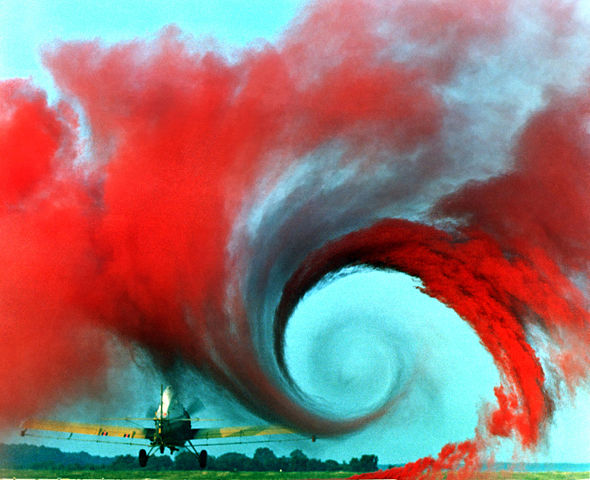From Wikipedia, the free encyclopedia
 Size of this preview: 590 × 480 pixels
Size of this preview: 590 × 480 pixels Full resolution (2,976 × 2,420 pixels, file size: 995 KB, MIME type: image/jpeg)
 |
This is a file from the Wikimedia Commons. The description on its description page there is shown below.Commons is a freely licensed media file repository. You can help.
|
 |
This is a featured picture, which means that members of the community have identified it as one of the finest images on the English Wikipedia, adding significantly to its accompanying article. If you have a different image of similar quality, be sure to upload it using the proper free license tag, add it to a relevant article, and nominate it. |
 |
This image was selected as picture of the day on the English Wikipedia for May 2, 2006. |
 |
This is a featured picture on English Wikipedia and is considered one of the finest images.
- If you think this file should be featured on Wikimedia Commons as well, feel free to nominate it.
- If you have an image of similar quality that can be published under a suitable copyright license, be sure to upload it, tag it, and nominate it.
|
 |
| Description |
Wake Vortex Study at Wallops Island
The air flow from the wing of this agricultural plane is made visible by a technique that uses colored smoke rising from the ground. The swirl at the wingtip traces the aircraft's wake vortex, which exerts a powerful influence on the flow field behind the plane. Because of wake vortex, the Federal Aviation Administration (FAA) requires aircraft to maintain set distances behind each other when they land. A joint NASA-FAA program aimed at boosting airport capacity, however, is aimed at determining conditions under which planes may fly closer together. NASA researchers are studying wake vortex with a variety of tools, from supercomputers to wind tunnels to actual flight tests in research aircraft. Their goal is to fully understand the phenomenon, then use that knowledge to create an automated system that could predict changing wake vortex conditions at airports. Pilots already know, for example, that they have to worry less about wake vortex in rough weather because windy conditions cause them to dissipate more rapidly. |
| Source |
|
| Date |
1990-05-04 |
| Author |
NASA Langley Research Centre (NASA-LaRC), Edited by Fir0002 |
Permission
( Reusing this image) |
see below
|
 |
This image or video was catalogued by Langley Research Centre of the United States National Aeronautics and Space Administration (NASA) under Photo ID: EL-1996-00130 AND Alternate ID: L90-5919.
This tag does not indicate the copyright status or the source of the attached work. A normal copyright tag and a source are still required. See Commons:Licensing for more information. |
|
|
This file is in the public domain because it was created by NASA. NASA copyright policy states that "NASA material is not protected by copyright unless noted". ( NASA copyright policy page or JPL Image Use Policy).
Deutsch | English | Español | Français | Galego | Nederlands | Português | Русский | 中文(简体) | 中文(繁體) | +/- |
|
|
|
Warnings:
- Use of NASA logos, insignia and emblems are restricted per US law 14 CFR 1221.
- The NASA website hosts a large number of images from the Soviet/ Russian space agency, and other non-American space agencies. These are not necessarily in the public domain.
- Materials from the Hubble Space Telescope may be copyrighted if they do not explicitly come from the STScI.
- All materials created by the SOHO probe are copyrighted and require permission for commercial non-educational use.
- Images featured on the Astronomy Picture of the Day (APOD) web site may be copyrighted.
|
|
|
This English Wikipedia featured picture is fairly large and has an aspect ratio of approximately 4:3 or 5:4, making it suitable as a computer wallpaper. See the gallery of such images, or the gallery of widescreen images. |
File history
Click on a date/time to view the file as it appeared at that time.
|
|
Date/Time |
Dimensions |
User |
Comment |
| current |
06:45, 4 January 2006 |
2,976×2,420 (995 KB) |
Fir0002 |
|
File links
The following pages on Schools Wikipedia link to this image (list may be incomplete):



